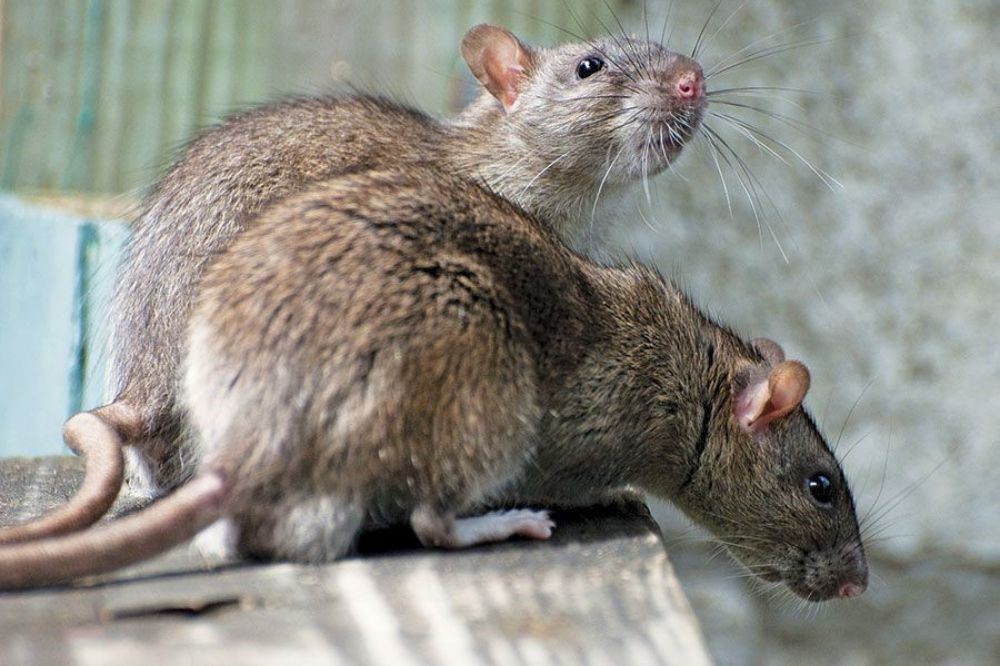Pest control
Owners and occupiers have a responsibility to keep their land free from pests. As the Council does not offer a pest control service for any creature including mice, rats or wasps for example, we suggest you approach a private pest control company to deal with any pest control work.
If you rent from a housing association or a private landlord, speak to them about treatment in the first instance.
Looking For A Pest Controller
If you are looking for a pest control company, make sure you:
- Get at least three quotations
- Find out if there is a call out fee or fixed charge
- Check their qualifications - do they have a certificate in Pest Control from the Royal Society for the Promotion of Heath (RSPH) or the BPCA?
He or she should also carry out a final inspection once the programme is complete to ensure no bait is left behind.
If rodenticides are used, your pest controller should carry out an environmental assessment to consider the possible threats to wildlife and domestic animals.

Dealing With Pests
The British Pest Control Association give advice about how to deal with the most common household pests such as rats, mice, wasps and bed bugs.
Bedbugs
Bedbugs can be dark yellow, red or brown. Adults are around 5mm long. They can hide in many places, including on bed frames, mattresses, clothing, furniture, behind pictures and under loose wallpaper.
Signs of bedbugs include:
- Bites – often on skin exposed while sleeping, like the face, neck and arms
- Spots of blood on your bedding – from the bites or from squashing a bedbug
- Small brown spots on bedding or furniture (bedbug droppings)
For information on bed bug bites please visit the NHS website:
Getting rid of bedbugs
It's very difficult to get rid of bedbugs yourself because they can be hard to find and may be resistant to some insecticides. There are some things you can try yourself, but these are unlikely to get rid of bedbugs completely without a pest controller.
For information and help looking for a pest controller, please see the top of this page.
Foxes
The Council's policy is that no action should be taken with regard to urban foxes. This policy has been in place for many years and is in line with neighbouring authorities and guidance set out by central government. The Fox Project charity provides advice on deterring foxes and can deal with sick and injured foxes.
Rats
If you or your neighbours are feeding the birds, we would advise you stop as bird feed and bread contains vitamin k1 which can act as an antidote to rat/mouse poison. If bird feeding is stopped the rats may go elsewhere without the need of a pest control service.
If you see rats in commercial properties and/or food businesses, please call 01403 215100 or email the Environmental Health team, ehl@horsham.gov.uk
Bees, Wasps and Hornets
The way we treat bees and wasps are very different.
Bee’s are an important, beneficial species rarely considered a pest, bees of all types are essential to our ecosystems, being the highest number of pollinating insect. Professional pest controllers only treat bees nests if it’s a significant threat to public health as last resort.
Wasps and hornets may be able to be treated by independant poest controllers, if they are posing a risk to the public, or there is a nest in your property.
If you suspect you have seen an Asian Hornet, you can use the link below to identify the insect, and if needed you can report the sighting.
